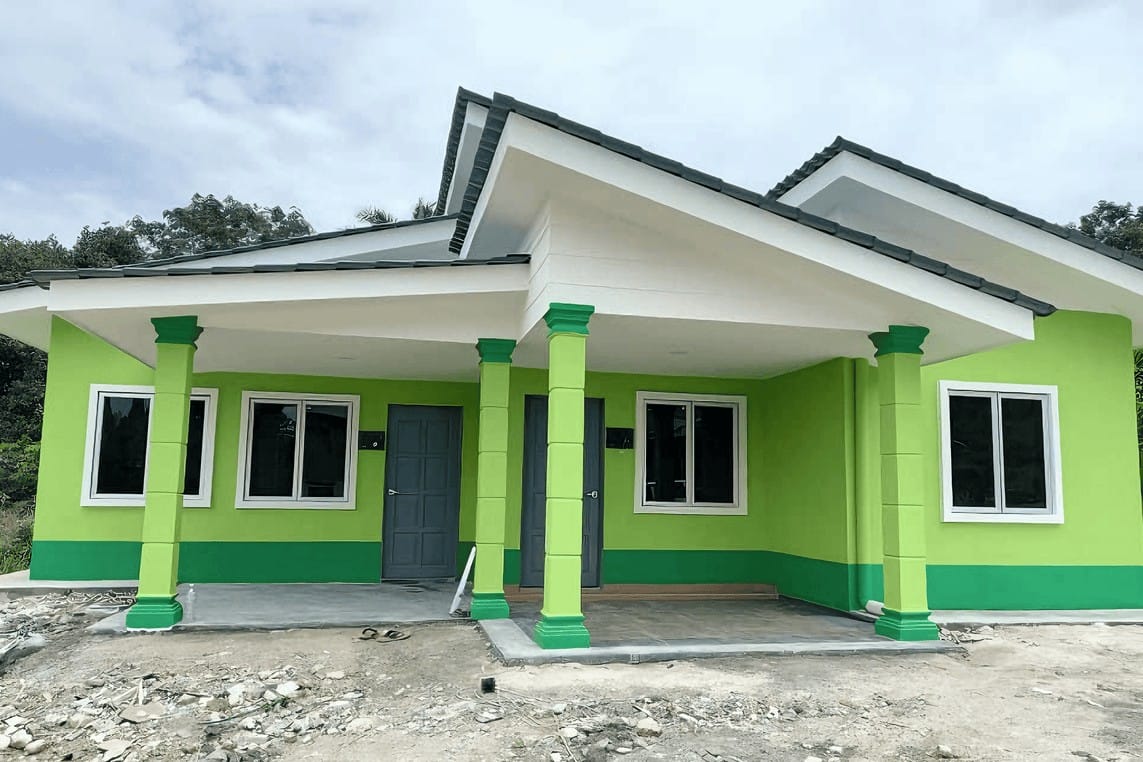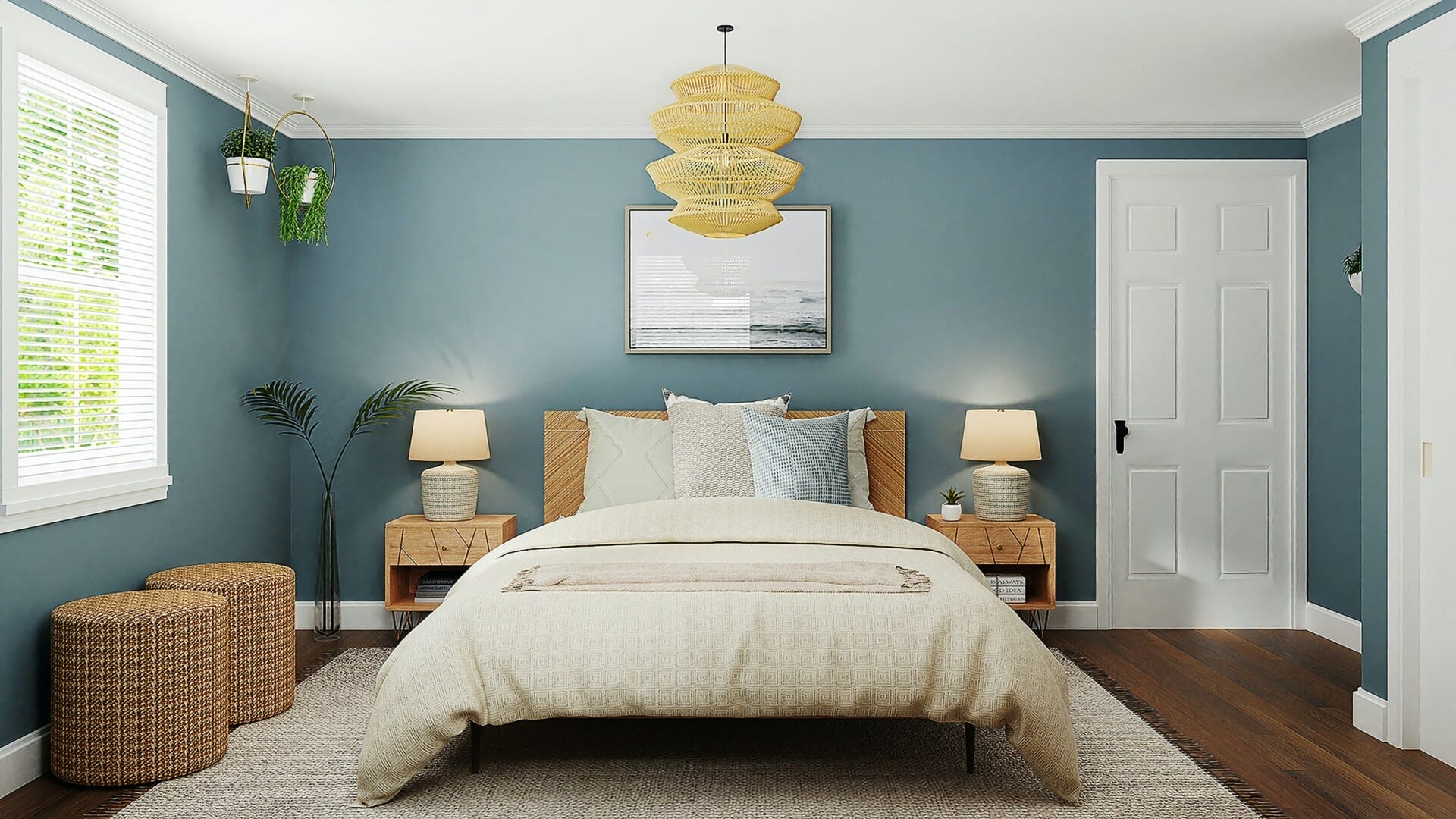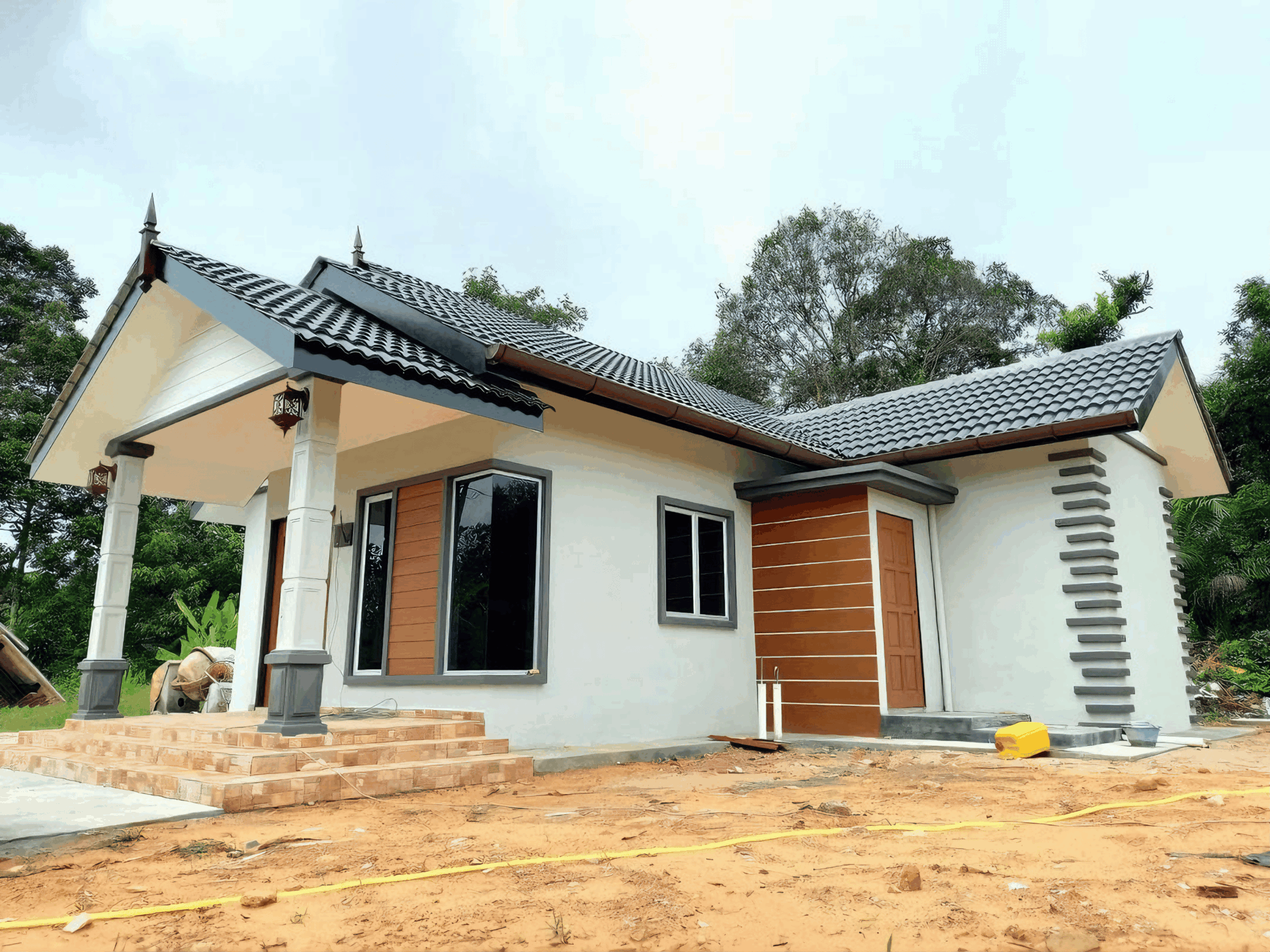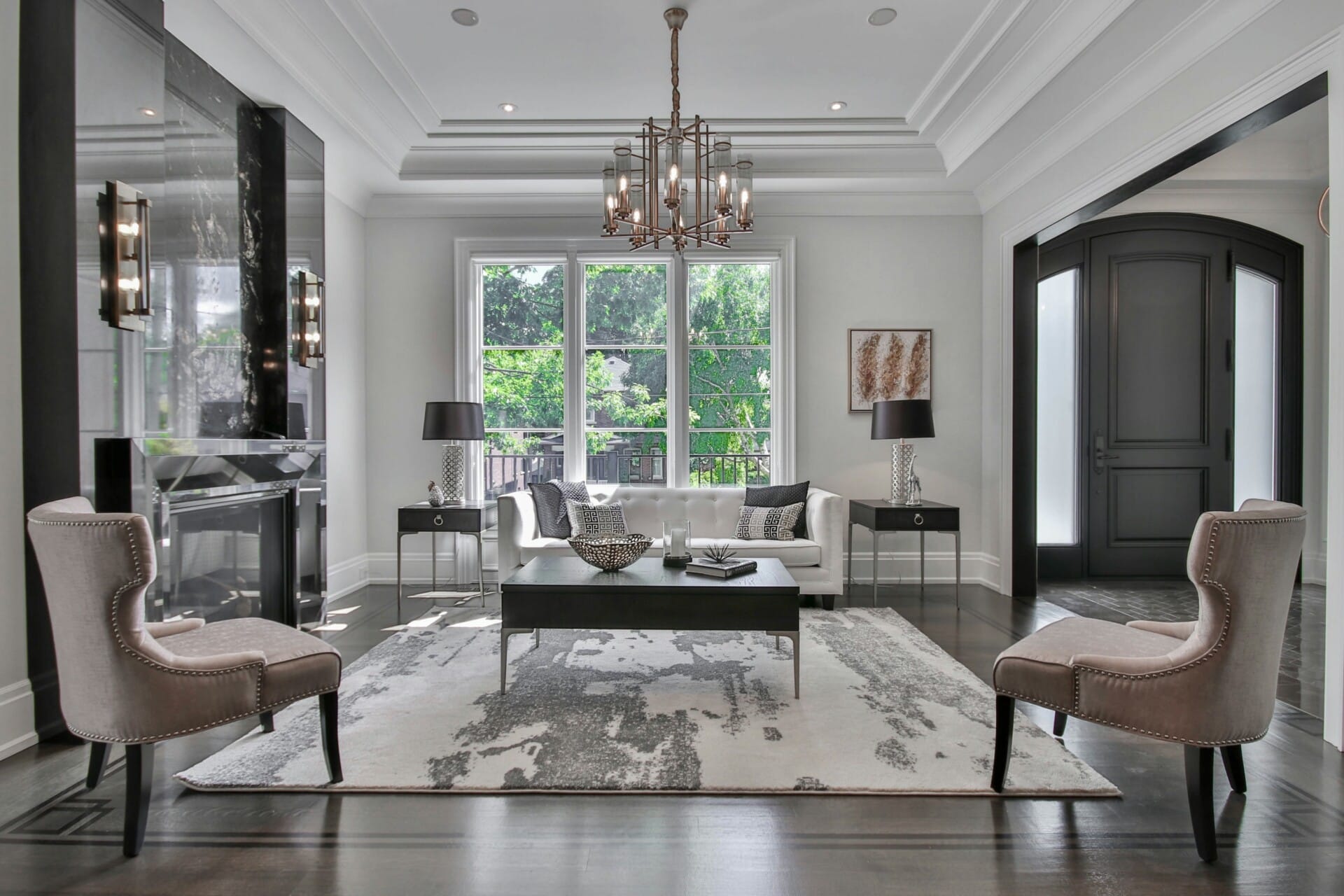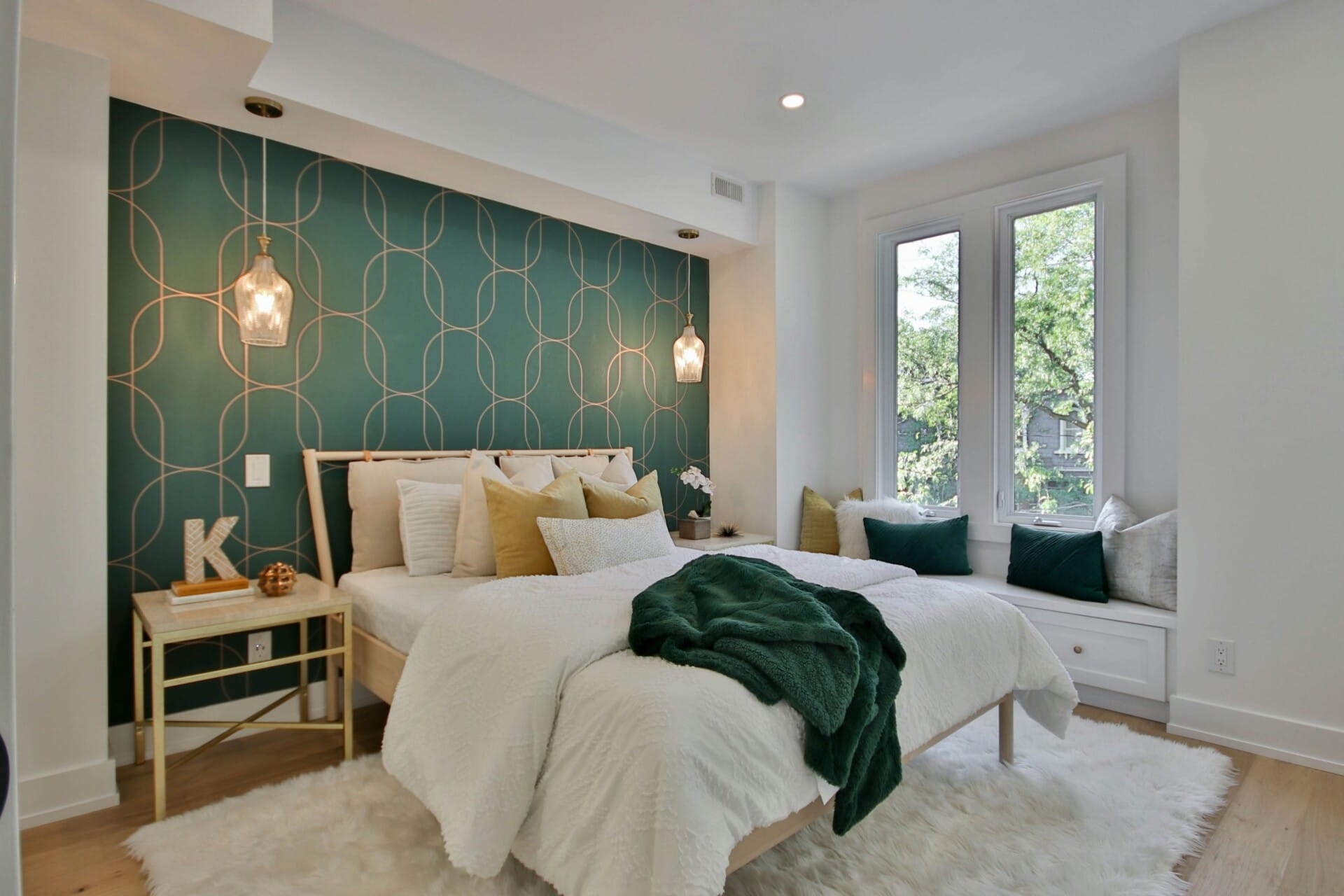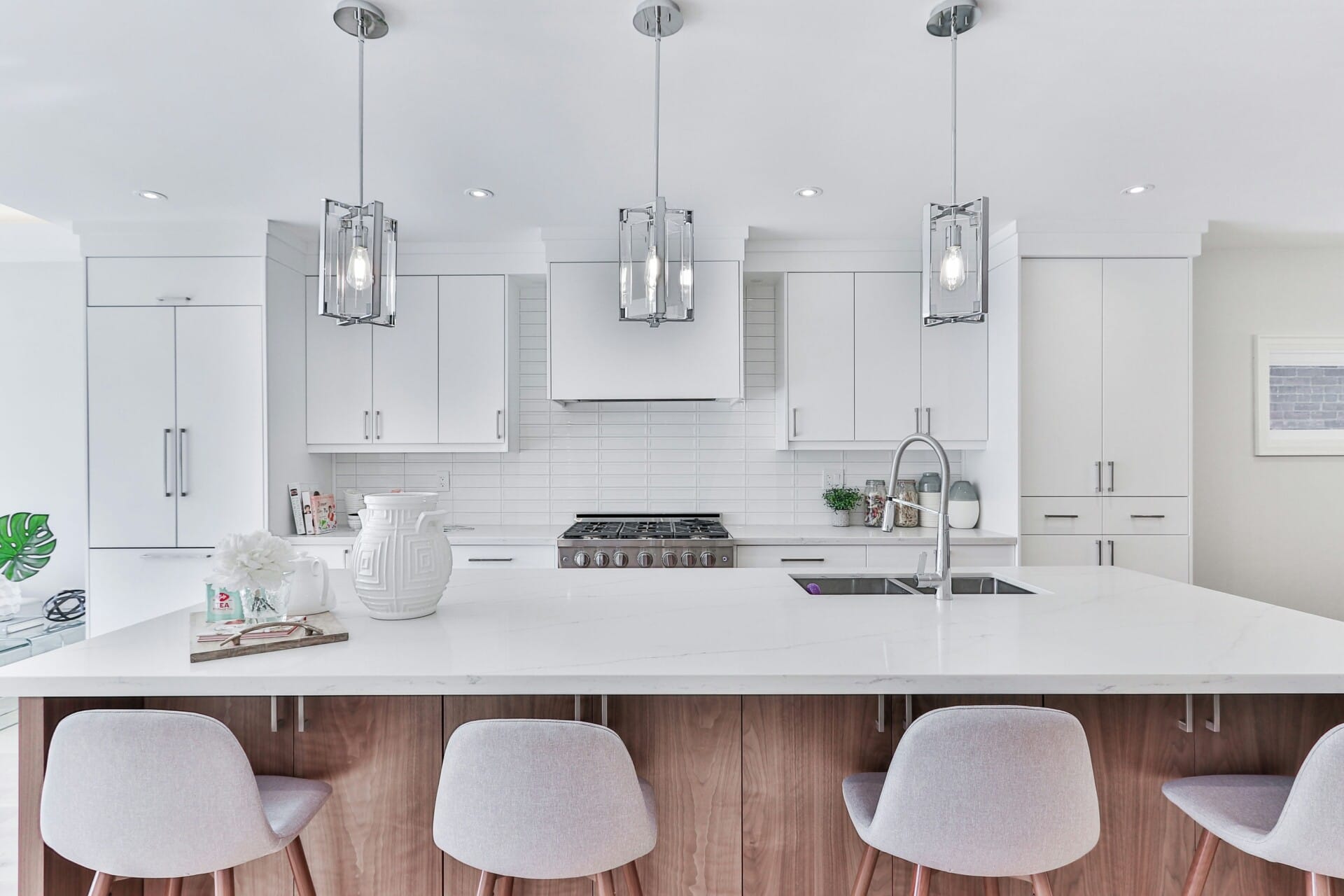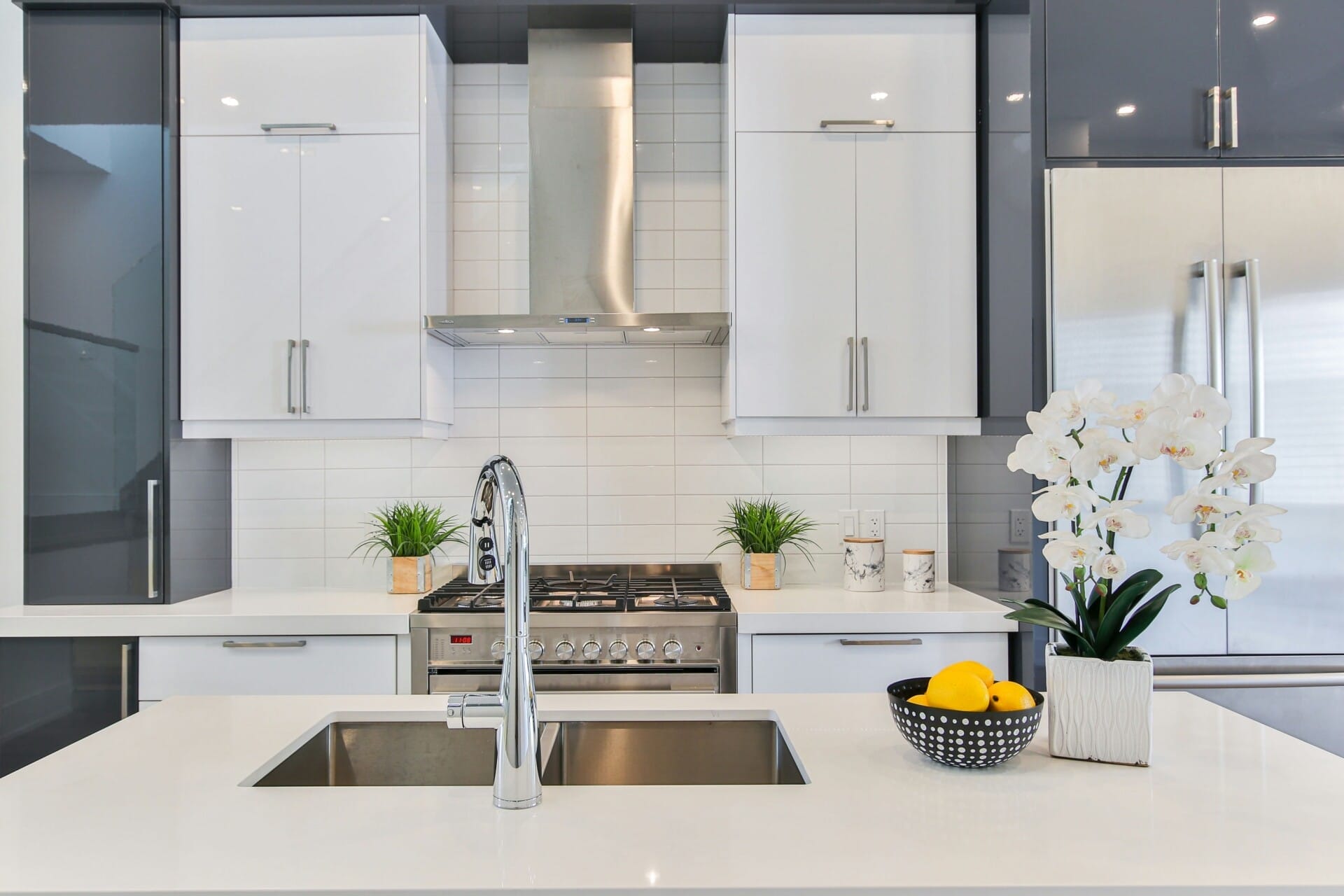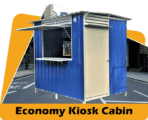Why Design and Build is the Smart Choice for Savvy Malaysians | RumahHQ

Are you a Malaysian dreaming of that perfect home? Or maybe you’ve got a business idea itching to come to life? If so, you’ve probably heard of the buzz around “Design and Build.” But what’s all the fuss about? Well, let’s break it down. Imagine having one team that takes care of everything—from the initial spark of inspiration to the final finishing touches. This approach not only saves you time and stress but can also be a game changer for your wallet. In a world where every ringgit counts, savvy Malaysians are turning to design and build as a smart choice for their projects. So, let’s dive into why this trend is capturing the hearts (and homes) of many across the nation!
Understanding the Design and Build Concept for Modern Homes
When it comes to constructing your dream home, the design and build concept brings numerous advantages to the forefront. This method streamlines the entire process by combining both design and construction responsibilities under a single contract. By having one dedicated team managing everything, it eliminates the risk of miscommunication, ensuring that your vision is executed accurately from start to finish. Plus, this unity fosters a smoother workflow, potentially reducing both timelines and unexpected costs.
Another key benefit is the opportunity for greater customization. With a team that understands your style preferences and functional needs, you can explore various design options tailored specifically for you. From eco-friendly features that reduce energy consumption to uniquely crafted living spaces that reflect personal taste, the right design and build team can transform ideas into a stunning reality. Popular choices among savvy homeowners include:
- Open Floor Plans: Creating a sense of spaciousness
- Smart Home Technology: Integrating modern comforts
- Sustainable Materials: Reducing environmental impact
Additionally, engaging in a design and build project can often lead to improved cost management. With a consolidated approach, homeowners can gain better control over budgets and avoid hidden expenses. Utilizing an integrated model allows for transparent cost breakdowns and adjustments in real-time, ensuring that you stay within your financial limits without sacrificing quality. Below is a simple comparison:
| Traditional Approach | Design and Build |
|---|---|
| Separate contracts for design and construction | Single contract system |
| Higher chances of miscommunication | Streamlined communication |
| Potential for unexpected costs | Transparent budgeting |
Streamlining the Construction Process for Greater Efficiency
Efficiency in the construction process directly correlates with the choice of project delivery method. The design and build approach offers a unified team comprising architects and builders who work collaboratively from the get-go, ensuring that the design aligns perfectly with construction practices. This synergy leads to a reduction in miscommunication, minimizing delays and misunderstandings that can derail traditional project timelines.
Adopting a design and build methodology allows for more streamlined decision-making. Instead of bouncing between different contractors and designers, Malaysian homeowners can experience a more seamless interaction with one accountable party. This means that any changes or tweaks to the project can be made swiftly, reducing the lag often seen in conventional methods. Here are some key benefits of this approach:
- Single Point of Responsibility: Ensures accountability and clarity.
- Faster Project Completion: Cuts down on overlapping timelines.
- Cost Control: Minimizes potential budget overruns through effective design.
The design and build method not only enhances efficiency but also fosters innovation. With all stakeholders on the same team, creative solutions can emerge more freely, leading to unique designs that push the boundaries of traditional construction. This is particularly important in Malaysia, where cultural aesthetics and modern functionality must intertwine harmoniously. Here’s how it stacks up against traditional methods:
| Aspect | Design and Build | Traditional Method |
|---|---|---|
| Project Timeline | Shorter | Longer |
| Cost Efficiency | Higher | Lower |
| Communication | Direct | Indirect |
Maximizing Cost-Effectiveness in Your Building Project
When embarking on a building project, every ringgit counts. Opting for a Design and Build approach helps streamline the entire process, making sure that costs are controlled from beginning to end. This method combines the design and construction phases into a single contract, which not only shortens the timeline but also reduces administrative overhead. By having one entity responsible for both aspects, you minimize the chances of costly miscommunications and reworks, leading to more efficient budgeting and resource allocation.
Moreover, working under a Design and Build contract allows for flexibility in adjusting the project scope while keeping an eye on the budget. Project stakeholders can collaboratively fine-tune designs and specifications without the fear of incurring hidden costs. This means that as your vision evolves, so does your budget, enabling you to make informed decisions that align your desires with financial realities. Consider the following advantages:
- Reduced Design Changes: Fewer last-minute alterations mean fewer costs.
- Transparent Pricing: One point of contact for cost estimates, reducing confusion.
- Quicker Completion Times: Safer, as shorter projects often mean reduced expenses.
In addition, utilizing a Design and Build approach encourages innovation through collaboration. Architects and builders work hand-in-hand, leading to creative solutions that can save costs without compromising quality. Here’s a quick comparison of traditional methods versus this integrated approach:
| Aspect | Traditional Method | Design and Build |
|---|---|---|
| Communication | Multiple contracts | Single contract |
| Timeline | Longer due to sequential phases | Shorter with overlapping phases |
| Cost Control | Often unpredictable | More predictable |
Customizing Your Space: The Personal Touch of Design and Build
Transforming your living space into a reflection of your personality can be one of the most satisfying aspects of a renovation. With design and build, you have a unique opportunity to weave your personal style into the fabric of your home. Instead of settling for cookie-cutter solutions, you can collaborate directly with designers and builders who understand your needs and preferences. Whether you’re drawn to sleek modern lines or cozy traditional warmth, this approach allows for customization at every turn, creating a space that feels truly your own.
One of the biggest advantages of this integrated method is the streamlined communication between all parties involved. You won’t have to worry about misinterpretations or delays; everything is managed under one roof. Here are some key benefits:
- Consistency in Design: One team ensures a cohesive vision from start to finish.
- Time Efficiency: Fewer delays mean quicker results.
- Cost Transparency: Easier to manage budgets with one point of contact.
When it comes to personalization, the possibilities are endless. You can select materials, colors, and finishes that resonate with your vibe. Consider a table that summarizes popular design styles in Malaysia:
| Design Style | Characteristics | Popular Materials |
|---|---|---|
| Modern Minimalist | Sleek lines, functional spaces | Glass, metal, concrete |
| Traditional Malay | Warm colors, cozy spaces | Wood, rattan, cotton |
| Industrial Chic | Raw materials, edgy finishes | Brick, steel, leather |
Enhancing Communication Between Designers and Builders
When designers and builders work closely together, projects run more smoothly, leading to better results overall. A collaborative approach means everyone is on the same page from the get-go. This open line of communication can help in tackling any concerns right before they become major issues, making it easier to stay on track with timelines. Here are a few benefits to consider:
- Clear Objectives: With regular meetings and updates, both parties can establish and understand the goals of the project.
- Flexibility: If changes are needed, they can be discussed and implemented swiftly instead of waiting for formal processes to unfold.
- Shared Vision: When designers and builders collaborate, they cultivate a shared vision, ensuring that both aesthetics and practicality are prioritized.
Additionally, integrating technology can enhance the communication workflow. Tools like project management software and design visualization platforms allow both parties to share updates and designs in real-time, making adjustments easier and more transparent. This can significantly reduce the time spent on back-and-forth emails and help illustrate concepts more effectively. Consider this simple table to highlight effective tools:
| Tool | Benefit |
|---|---|
| SketchUp | Real-time 3D modeling for quick design iterations. |
| Trello | User-friendly project management for tracking progress. |
| Slack | Instant messaging to facilitate fast communication. |
Sustainability Matters: Eco-Friendly Choices in Design and Build
Sustainability in design and build is not just a trend; it’s a necessary shift towards a more environmentally friendly future. With the growing awareness of environmental issues, Malaysians are increasingly opting for solutions that minimize their carbon footprint. From the selection of materials to energy-efficient systems, there are numerous eco-friendly choices that can significantly impact the health of our planet. Think about it: by making smart, sustainable decisions, you’re not only saving the Earth but also enhancing your living environment.
Choosing eco-friendly materials is one of the simplest yet most effective ways to ensure a sustainable build. Here are a few options to consider:
- Bamboo: Fast-growing and biodegradable, it’s a perfect replacement for traditional wood.
- Recycled Steel: Utilizes less energy to produce and is extremely durable.
- Sustainable Insulation: Made from natural or recycled materials that help reduce energy costs.
Moreover, energy efficiency must come into play. Here’s a quick look at some popular eco-friendly systems that can be integrated into your design:
| Eco-Friendly System | Benefits |
|---|---|
| Solar Panels | Reduce electricity costs and carbon emissions. |
| Rainwater Harvesting | Conserve water and reduce the impact on local water systems. |
| Smart Home Technology | Manage energy use efficiently and enhance comfort. |
Navigating Legal and Regulatory Considerations with Ease
When embarking on a design and build project, understanding the legal and regulatory landscape is crucial. This process can be simplified by collaborating with experienced professionals who are familiar with local laws and regulations. Engaging a reputable contractor can help you navigate through the necessary permits, zoning regulations, and environmental assessments. Building strong partnerships with these experts will ensure your project stays compliant and avoids costly delays. Remember:
- Choose professionals with a proven track record.
- Stay updated on local regulations that may change.
- Communicate openly with your contractor.
Moreover, staying informed about potential liabilities and insurance requirements is essential. You’ll want to ensure that your contractors carry adequate insurance. This safeguards your investment and gives you peace of mind. Prioritize due diligence and research to recognize any legal implications associated with your build. A well-prepared checklist can make this process stress-free. Consider incorporating the following items:
| Checklist Item | Status |
|---|---|
| Understand permit requirements | ✔️ Completed |
| Verify contractor insurance | ✔️ In Progress |
| Review zoning laws | ✔️ Completed |
| Consult environmental regulations | ❌ Pending |
it’s important to be proactive rather than reactive in dealing with legal matters. Setting aside a contingency budget can cover unexpected legal fees and expenses, ensuring your project remains on track. Regular consultations with your legal advisor regarding contract details will further solidify your project’s foundation. With the right knowledge and resources at hand, you’ll be well-prepared to tackle any challenges that may arise along the way, allowing you to focus on bringing your dream home to life.
Transforming Visions into Reality: Success Stories from Satisfied Homeowners
Concluding Remarks
In a nutshell, choosing the Design and Build approach is like opting for a smooth ride on the highway instead of navigating through bumpy back roads. It brings together creativity and practicality, letting you turn your dream space into reality without the usual headaches. For savvy Malaysians, it’s not just about building a home; it’s about making smart, informed choices that save time and money while ensuring your vision shines through. So whether you’re planning to renovate your cozy apartment or create your forever home, consider taking this route. It might just be the game-changer you didn’t know you needed! Happy building!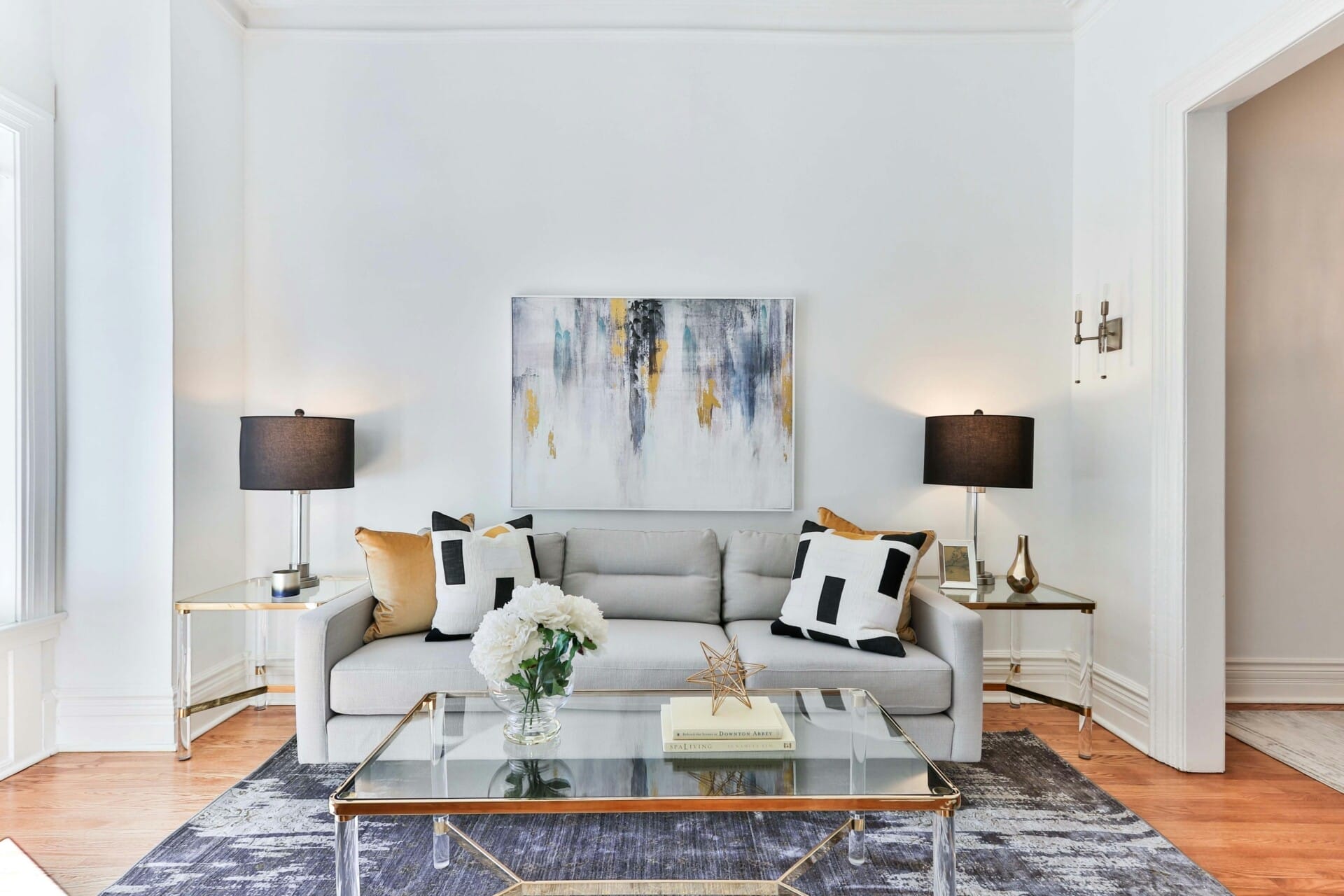
kontraktor rumah
bina rumah
pinjaman lppsa
pengeluaran kwsp
spesifikasi rumah
rumah batu-bata
pelan rumah
rekabentuk rumah
bina rumah atas tanah sendiri
kontraktor rumah selangor
rumah banglo
Source link

